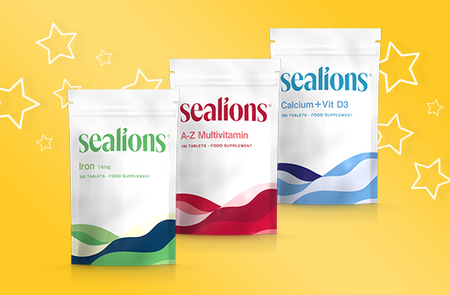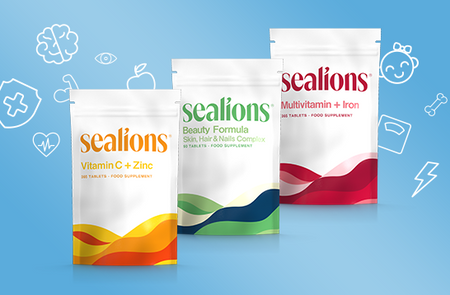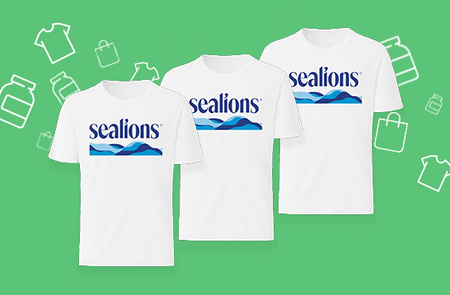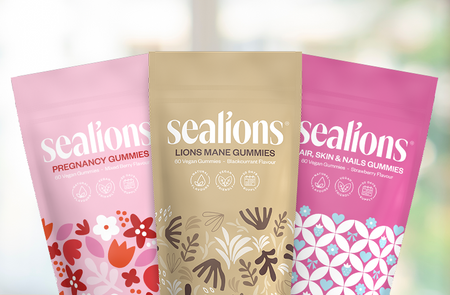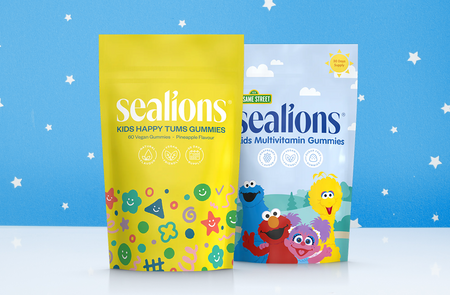
Understanding Water Weight vs Fat Loss
Water weight, also known as fluid retention, is when your body holds onto extra water in its tissues. Unlike body fat, which is more permanent, water weight is temporary and influenced by various factors.
What Can Cause Water Retention?
- Sodium and Fluid Balance: Eating salty foods can make your body retain water to balance the extra sodium. [1]
- Hydration Status: Not drinking enough water can actually cause your body to hold onto what it has, leading to water retention. Staying well-hydrated helps keep everything in balance.
- Hormonal Fluctuations: Hormones play a big role in regulating fluid balance. For example, changes in hormone levels can cause your body to retain more water at certain times[2].
Why Water Weight Fluctuates
Water weight can change quickly due to what you eat, your exercise routine, hormonal changes, and other factors. These changes are often mistaken for fat gain or loss, but they’re usually just temporary shifts.
Understanding the Difference Between Water Weight and Fat Loss
Short-Term vs. Long-Term: Water weight changes are usually short-term, based on your recent diet or activity. Fat loss, on the other hand, is a slower, more gradual process.
Rapid Changes: Big changes in your weight from day to day are often due to water retention or loss, not fat changes. Fat loss happens more slowly and steadily.
Water weight is a natural and temporary part of how your body manages fluids. Understanding the difference between water retention and fat loss is key to accurately tracking your progress. Focus on long-term habits and a balanced lifestyle, and you’ll achieve your weight loss goals with more clarity and confidence. Recognising the role of water weight can help reduce stress and create a more informed, positive approach to your health and fitness journey
-
[1] Rakova N, Kitada K, Lerchl K, Dahlmann A, Birukov A, Daub S, Kopp C, Pedchenko T, Zhang Y, Beck L, Johannes B, Marton A, Müller DN, Rauh M, Luft FC, Titze J. Increased salt consumption induces body water conservation and decreases fluid intake. J Clin Invest. 2017 May 1;127(5):1932-1943. doi: 10.1172/JCI88530. Epub 2017 Apr 17. PMID: 28414302; PMCID: PMC5409798.
[2] Stachenfeld NS. Hormonal changes during menopause and the impact on fluid regulation. Reprod Sci. 2014 May;21(5):555-61. doi: 10.1177/1933719113518992. Epub 2014 Feb 3. PMID: 24492487; PMCID: PMC3984489.
Tagged:

